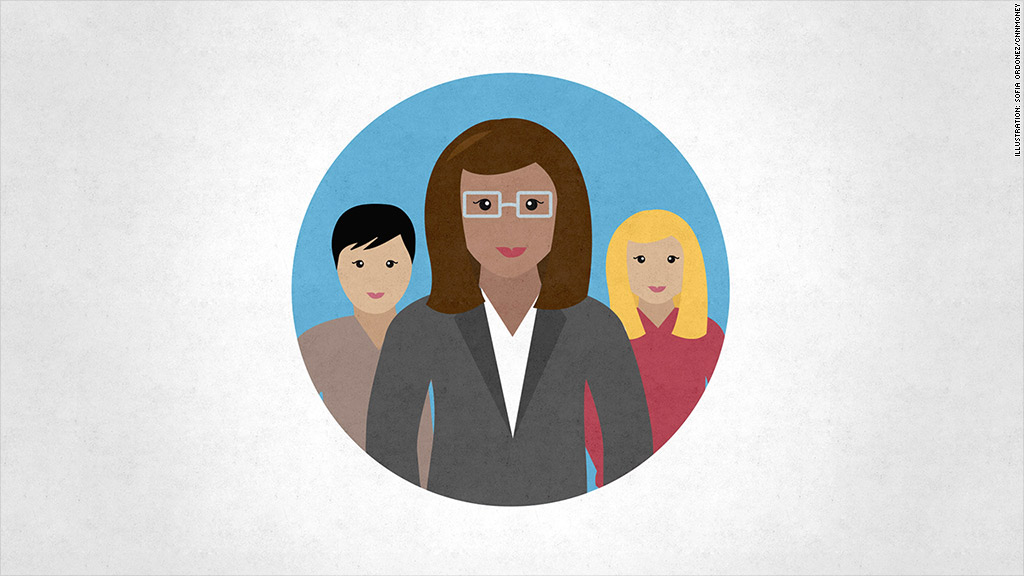
When the recession hit, Jena Gardner was worried. Her business focused on luxury travel destinations in the U.S., and that sector was getting hit especially hard.
"During the recession, it was hard times. I put some of my own personal capital into the company, which I have not paid myself back with," she said. "I invested when I think a lot of people were hunkering down."
Gardner invested about $200,000 of her own money, and saw many existing options, like a line of credit at the bank, dry up with the recession.
"Access to capital is really hard for women-owned businesses," she said.
She's right. A study released Wednesday by the Women Presidents' Organization, a nonprofit for high-level women entrepreneurs, showed that 33% of women reported using their own money to start their businesses, with less than 1% saying they received venture capital or angel investing.
Access to capital is one of the biggest differences between men and women in business. A 2012 study by the National Women's Business Council found that, on average, men start their businesses with nearly twice as much capital as women, and women receive only 2% of their total funding from outside sources, compared to 18% for men.
"The networks that are established by their male counterparts don't always include the opportunity for women to participate," said Dr. Marsha Firestone, founder of the WPO. "I don't say that in terms of being critical of men. That's just the way the networks work."
Wall Street still hires mostly white men
But, she said, women are still starting businesses en masse. "It's amazing to me that they're able to find their way around the roadblocks in the marketplace and start their businesses."
One member of the WPO, June Ressler, started her company in her kitchen in 1996 with her own savings of $75,000.
"I wasn't thinking much about investors," she said. "I didn't think it was going to amount to much."
Last year, her business was named one of the top 50 fastest-growing women-owned companies in America by the Women Presidents' Organization.
Her business, Cenergy International Services, which provides logistical support for the oil and gas industry, was recently ranked the largest women-owned business in Houston, with 147 local employees and local revenue of $260 million.
"I'm definitely confident moving forward in the future," Ressler said. "The energy industry is really hot."
Women have trouble asking for money -- and their businesses suffer
Her optimism is shared by the survey respondents.
"Last year, maybe 50% of our members were uncomfortable with the direction of the economy," said Firestone. Now, only 7.6% see economic conditions as a threat to their bottom line. Nearly half said they'd added employees, and more than of quarter of their businesses have grown by 25% or more in 2014.
"There's been an unbelievable change for the better and we're very pleased about that," Firestone said.



